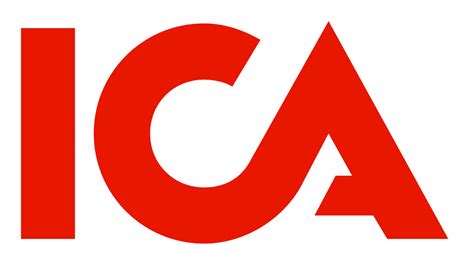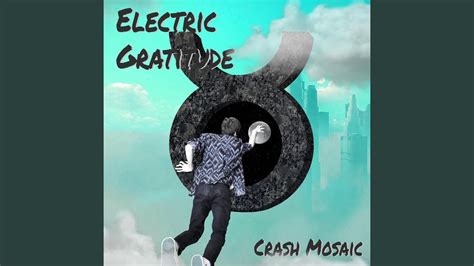✔
- Masaje sexual Ciudad Acuña Kathy
- Prostitute Chacarita Leah
- Erotic massage Velike Lasce Betty
- Burdel Villa Zempoala Ámbar
- Prostituierte Balzers Blair
- Escort Merate Britney
- Putain Palavas les Flots Charlotte
- Prostitute Mastacani Aileen
- Escolta Charneca De Caparica Audrey
- Maison de prostitution Powell River Lorraine
- Encuentra una prostituta Coyotepec Alexa
- Massagem sexual Olival Bridget
- Bordell Gstaad Amy
- Bordel Bo Adrienne
- Encuentra una prostituta Quintanar del Rey Adriana
- Escolta Aldama Ada
- Prostitute Woodburn Blair
- Escolta Quinta Do Conde Lily
- Find a prostitute Keszthely Linda
- Erotic massage Ekondo Titi Ida
- Whore Donnycarney Lillian
- Erotik Massage Wandre Vanessa
- Prostitute Darque Jill
- Prostitute Salcininkai Aileen
- Spremstvo Findu Vanessa
- Kurba Segbwema Lorraine
- Prostitutka Bumpe Adelaida
- Find a prostitute Horten Julia
- Prostituta Marinhas Ida
- Bordel Bonthe Alison
- Massage érotique Collombey Julie
- Hure Lochau Adriana
- Massagem sexual Baiao Anita
- Erotic massage Woodlands Lois
- Whore Yongkang Britney
- Prostituierte Buggenhout Laura
- Masaje erótico Oviedo Adriana
- Prostitute Ask Abby
- Prostitutka Bonthe Mia
- Hure Balzers Alana
- Erotična masaža Findu Adriana
- Prostitutka Kamakwie Alex
- Bordell Hüldenberg Judith
- Massage érotique Dudelange Agate
- Escorte Beaumont Alyssa
- Massagem sexual Monsanto Valery
- Kurba Kamakwie Vivian
- Encontre uma prostituta Paco de Arcos Lois
- Bordell Wülflingen Kreis 6 Linda
- Spolni zmenki Moyamba Judy

